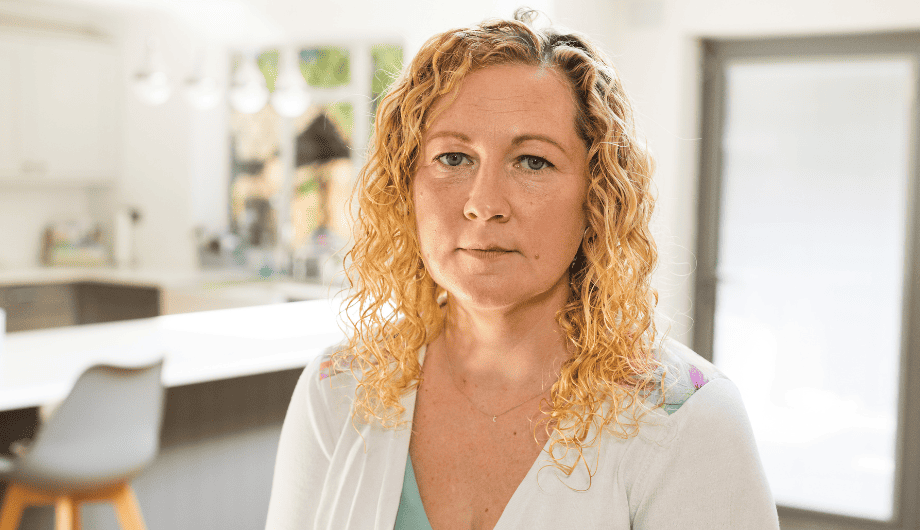
Saïna’s story – A song for my beloved grandpa, Ralph
Saïna opens up about how her grandfather’s dementia has affected her, and how songwriting has provided a release.
Many people living with someone with dementia are missing out on a 25% council tax discount worth an average of £400 a year. To highlight this issue we’ve been working with Money Saving Expert on their campaign to raise awareness of the discount, which they could be eligible to if they or their partner has dementia.
People are either unaware of the existence of the discount or are losing out thanks to poor and confusing information being provided by their local authority. In some cases, where people may be able to claim retrospectively – though this isn’t universal – they could be missing out on £1,000s. If you or your partner have dementia you may find that you are struggling to pay your Council Tax, but there’s financial support available, so it’s important to find out what you’re entitled to.
In England, Scotland and Wales someone who has been medically certified as having a permanent severe mental impairment such as dementia, and who is entitled to a disability benefit e.g. Attendance allowance, personal independence payment or disability living allowance, could be entitled to a Council Tax reduction or exemption. This could result in a reduction of 25% where two people are living in a property and one person diagnosed with dementia meets the disregard criteria, or an exemption if the person with dementia is living alone.
The term Severely Mentally Impaired (SMI) is defined in the Council Tax Bill as a severe impairment of intelligence and social functioning which appears to be permanent. Many people diagnosed with dementia, and their families, find the term SMI derogatory. Dementia UK wants to see it renamed the Degenerative Cognitive Impairment exemption, to reflect the reality of degenerative cognitive conditions such as dementia and Parkinson’s.
We believe that everyone with a diagnosis of dementia should be given the best, most up-to-date information about what support there is available to them. This includes information about financial help, benefits, tax discounts and exemptions.
For full details of this discount, contact your local council. Your council may automatically grant a discount, but you can also apply for one.
The process for making a claim varies by area, so you’ll need to check your local authority’s procedure, but here are the basics. Either the family carer or the person with dementia can make the claim.
Our free, confidential Dementia Helpline is staffed by our dementia specialist Admiral Nurses who provide information, advice and support with any aspect of dementia.

Saïna opens up about how her grandfather’s dementia has affected her, and how songwriting has provided a release.

Ricky’s talks about how his Gran’s dementia diagnosis impacts his whole family and why he is supporting the ‘We live with dementia’ campaign.

As a carer for her mum, who has vascular dementia, Clare is taking part in our ‘We live with dementia’ campaign to make more people aware of the support our nurses offer.